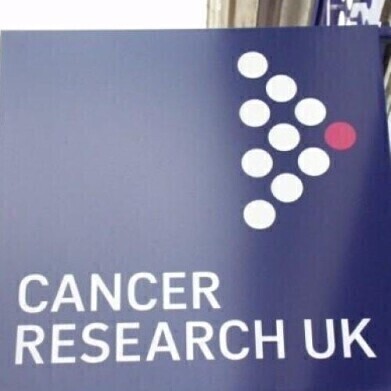News & views
CRUK funding boosts Immunotherapy Treatments Investigations
Oct 12 2023
Scientists at the University of Southampton’s Centre for Cancer Immunology, the UK’s first centre dedicated to cancer immunology research, have been awarded £2.25 million to continue investigations into why some patients fail to respond to, or have relapses after receiving immunotherapy treatments used for multiple cancers.
Over the past five years, the team, led by Professors Mark Cragg and Stephen Beers at the University of Southampton, has made important discoveries into how the success of antibody treatments is affected by Fc gamma receptors (FcgR).
These receptors have also been found to help antibodies work, at least in part, by causing the cancer cells to be physically engulfed and destroyed by macrophage immune cells.
The new Cancer Research UK funding will focus on the relationship between FcgRs and macrophages specifically looking at expression patterns in tumours and how FcgR interactions impact antibody targeting of different classes of macrophage receptor. They will also look to develop new antibodies which can activate the macrophages to target and destroy cancer more effectively.
Professor Mark Cragg said: “We are extremely pleased to secure this important funding which will enable us to continue to drive our research forward. This programme will generate deeper mechanistic understanding of how macrophages are regulated in tumours, how they can be manipulated with antibodies targeting their surface receptors and reveal the principles that determine toxicity versus therapeutic efficacy. We will apply this knowledge to generate new antibodies and formats for clinical testing that could extend the benefit of antibody immunotherapy to more people with cancer.”
Professor Stephen Beers said, “This is fantastic news. This award will allow us to continue our research to better understand the relationships between macrophages and antibody therapy for cancer. Macrophages are innate immune cells and are a dominant infiltrating cell population within tumours, that can be suppressive, and whose presence frequently correlates with poor patient outcome. By better understanding the biology of these cells within tumours we aim to develop new drugs and strategies to harness their effector power to enhance therapy response for cancer patients.”
Executive Director of Research and Innovation at Cancer Research UK, Dr Iain Foulkes, said: “Immunotherapy is a really promising area of cancer research. These treatments harness the immune system to fight cancer, helping to slow its growth. Cancer Research UK funding has helped to advance new immunotherapies into the clinic, but some cancers can become resistant to immunotherapy – a major challenge to expanding its use.
“Cancer Research UK's investment of £2.25 million in Southampton’s expertise in antibody design is an important step towards overcoming resistance to immunotherapy. We hope this funding will spark new immunotherapy development that will ultimately benefit more people with cancer.”
More information online
Digital Edition
Lab Asia 31.6 Dec 2024
December 2024
Chromatography Articles - Sustainable chromatography: Embracing software for greener methods Mass Spectrometry & Spectroscopy Articles - Solving industry challenges for phosphorus containi...
View all digital editions
Events
Jan 22 2025 Tokyo, Japan
Jan 22 2025 Birmingham, UK
Jan 25 2025 San Diego, CA, USA
Jan 27 2025 Dubai, UAE
Jan 29 2025 Tokyo, Japan



















